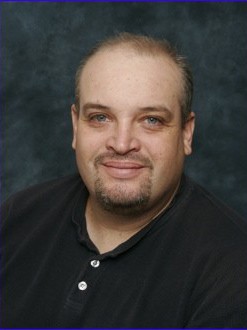resumo
Naturally occurring and sustainable materials can be used as a template to create biomimetic/biomorphic ceramics, known as Ecoceramics (environmentally conscious ceramics). In this work, cork was chosen as template to produce novel ceria (CeO2) ecoceramics, for applications in water splitting for H-2 production via direct concentrated solar thermochemical fuel production (TCFP). The cork powder was pyrolised at 900 degrees C and the resulting carbon skeleton was infiltrated with an aqueous CeO2 precursor, and then heated at 1000 degrees C for 2 h to produce the ecoceramic. The cellular structure of the cork was maintained, with hexagonal cell dimensions of 20-30 mu m in diameter, but the grains were nanoscale at <= 100 nm. XRD data confirmed that CeO2 was the only crystalline phase obtained. An important feature was that, while the rectangular side walls were maintained to hold the threedimensionally ordered macroporous (3DOM) cellular cork structure, the rear hexagonal walls were pierced repeatedly through the structure, unlike in the original cork structure, which will allow gasses such as H-2 to permeate well into the structure, greatly increasing the reactive area available for catalysis. The next step will be to test the capabilities of both the regular, porous 3DOM structure and the nanoscale grains for thermochemical water splitting to produce hydrogen under direct concentrated solar energy. (C) 2016 Portuguese Society of Materials (SPM). Published by Elsevier Espana, S.L.U. All rights reserved.
palavras-chave
SILICON-CARBIDE CERAMICS; WOOD; CERIA
categoria
Materials Science
autores
Pullar, RC; Gil, L; Oliveira, FAC
nossos autores
agradecimentos
Thanks to Amorim Cork Composites (Portugal) for supplying cork powder. R.C. Pullar wishes to thank the FCT Grant SFRH/BPD/97115/2013 for supporting this work. The authors would like to acknowledge the EU and the seventh framework program for the financial support of this work under the STAGE-STE project with contract number 609837. This work was developed in the scope of the project CICECO-Aveiro Institute of Materials (Ref. FCT UID /CTM/50011/2013), financed by national funds through the FCT/MEC and when applicable co-financed by FEDER under the PT2020 Partnership Agreement.


